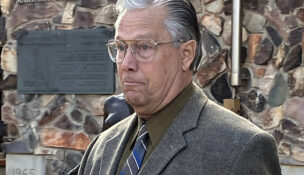Legislature attends debate camp
Arizona Capitol Reports Staff//January 30, 2009//[read_meter]
Before a budget is brought to the full Senate for a vote, it would have to pass through a floor debate called Committee of the Whole. Lawmakers and Capitol observers...
No tags for this post.

















